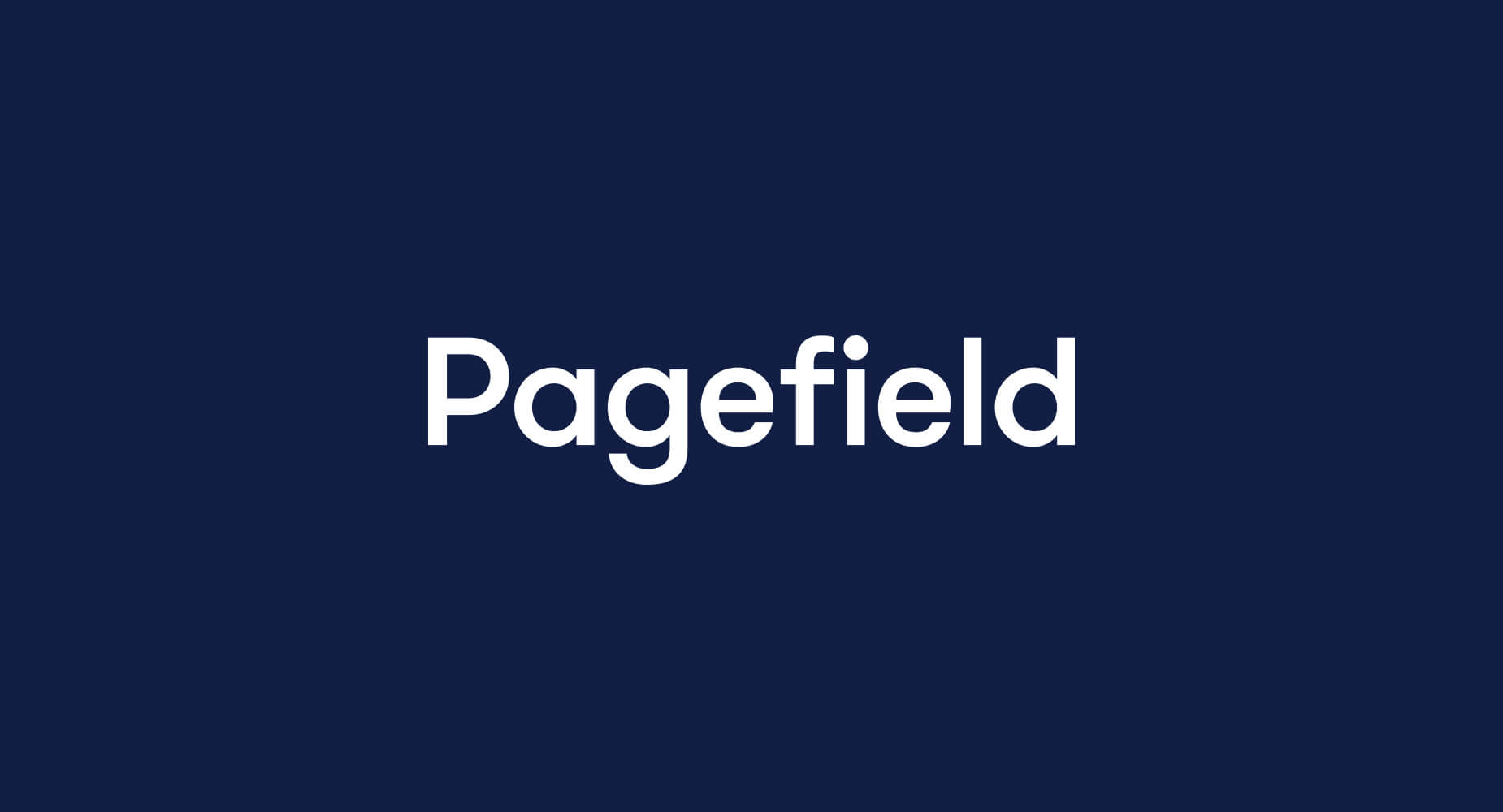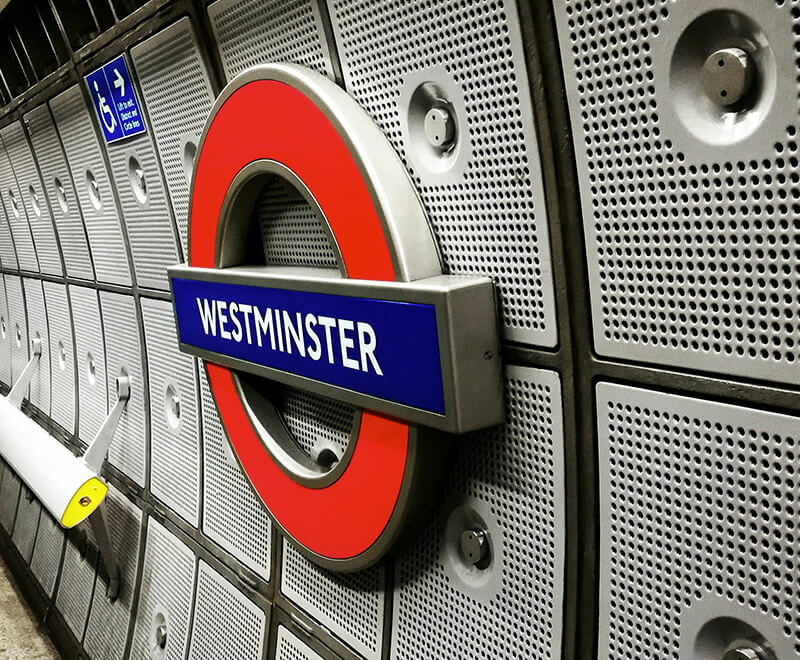The result of the Labour leadership contest is all but sewn up. Only the most optimistic (or perhaps most foolish) gambling man would now put their money on Owen Smith. From tomorrow Jeremy Corbyn will begin to rebuild his leadership and assemble his Shadow Cabinet team. But going forward what will Labour’s priorities be, where will they look to attack the Government and how will they shape policy as an Opposition? The Pagefield team gives their thoughts…
Welfare, Housing and Education (Ben Winter)
The Work and Pensions Secretary, Damian Green, has already announced that there will be no new welfare cuts under May’s government, but there are several already in the pipeline that she has inherited. Corbyn cannot afford to let May distance herself from the last government’s record on welfare so expect strong and vocal opposition to upcoming cuts, as well as broader attacks on Conservative welfare policy.
Housing will undoubtedly be at the top of the Opposition’s priorities, with Corbyn promising to build one million new homes if PM. With the housing crisis rarely out of the headlines Corbyn knows there are votes to be gained here, especially amongst the younger generations.
A strong performance from Corbyn on grammar schools in the last PMQs before recess showed the government that they have created the rarest of things: a united response from Labour. The Opposition will prove difficult to overcome if May decides to push ahead with the policy. Elsewhere, the Higher Education Bill is currently passing through the Commons. With measures included to allow universities to push their fees up even further there is no doubt that Corbyn will want to attack the legislation head on.
Select Committees (James Barge)
Away from the chamber, the influence of the Official Opposition is clearer to see. Labour hold the chair of Business, Energy, Innovation and Skills, Home Affairs, Communities and Local Government, International Development, Transport, Work and Pensions as well the oft forgotten Backbench Business Committee and the forthcoming Exiting the European Union Committee. Cast your eye down this list, and then cast your eye down the list of some of the Labour members – Chuka Ummuna, Emma Reynolds, Rachel Reeves, Wes Streeting, Liz Kendall, Jonathan Reynolds – and you realise that influence remains, even if effective opposition in the chamber may not.
Health (Fred Azis-Laranjo)
Jeremy Corbyn’s answer to the infamous Mumsnet question is indicative of his approach to complex policy issues: he doesn’t like biscuits, as he is “totally anti-sugar on health grounds.” In the last parliament, Labour led the way in calling for mandatory sugar reductions. Shadow Health Secretary Dianne Abbott has taken up the mantle, heavily criticising the Government following their Childhood Obesity Strategy.
As with many policy areas, Labour’s plan on health – beyond vague promises of more funding for the NHS without explaining where the money will come from, or unwavering support for striking doctors – remains to be seen. Perhaps their promises for more NHS funding will pressure the Government into token increases, although the Brexit campaign is more likely to be responsible, particularly following Lansley’s intervention yesterday. Cuts to mental health services is one area they could succeed in shifting the dial.
Foreign Policy, Brexit and Immigration (James Barge)
Jeremy Corbyn has pledged a “radically different foreign policy” with “peace at its heart”. Corbyn has a principled opposition to military intervention and arms deals with repressive regimes. He is also a resolute campaigner for human rights.
On the potential for any future intervention in Syria, it seems impossible that Corbyn would support it. But his backbenchers have previously indicated they may not heed that guidance and support the Tory benches – Hilary Benn’s speech in the House of Commons still rings in the ears of many.
Yvette Cooper, in setting up the Refugee Taskforce, is forging ahead in holding the Government to account when it comes to their commitments on refugees and tackling the humanitarian crisis. Her work, so widely supported by the parliamentary party, provides real scrutiny to ministers.
On Brexit, Corbyn has set out his red lines: access to the European market, European Investment Bank, protection of maternity leave, paternity leave, minimum wage legislation and protection for people against workplace discrimination. With Labour holding the Chair of the new Select Committee on Exiting the European Union – and Hilary Benn the likely Chair – it will be interesting to see how closely the former shadow foreign secretary works with the Leader.
Energy, Industry and Transport (Kieran O’Connell)
Labour’s industrial policies are guided by the leadership’s desire to nationalise. This desire must be tempered – immediately – if the party to propose a package which could win the support voters, workers and business alike.
Instead, proposals must be linked strategically and coherently to a modern economic policy. Which rules out plans to reopen the mines or provide “quantitative easing for the people”.
But parts of the current offer do make sense. An integrated railway system, embedding UK supply chains in rolling stock production and increasing bus routes would help create jobs and connect communities.
And promoting industrial decarbonisation, boosting local energy schemes and subsidising home insulation would help reduce UK emissions and lower consumer energy costs.
These should be reformulated into a new offer and recast as part of a bigger vision – a green industrial economy, perhaps. But maybe that’s just another capitalist construct.



